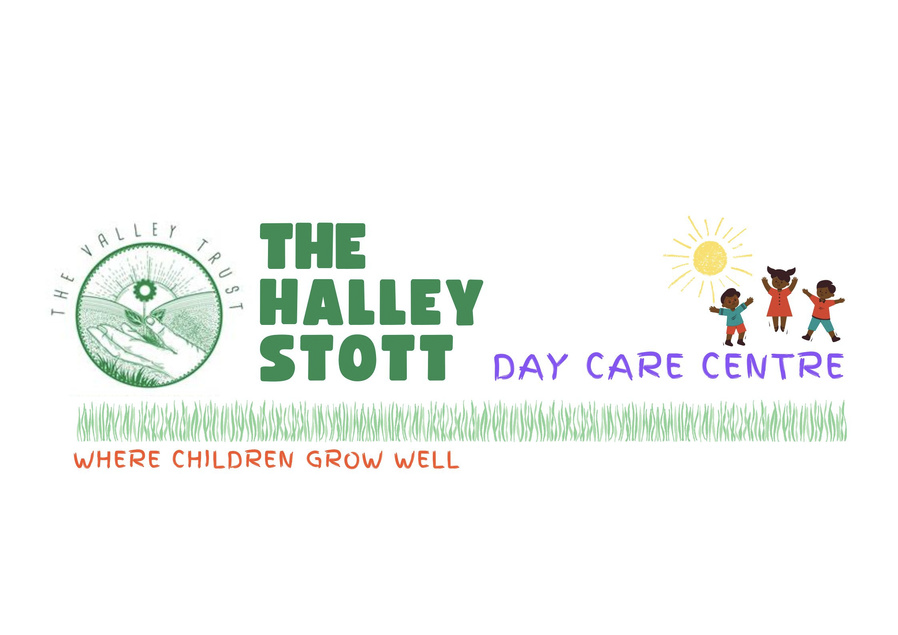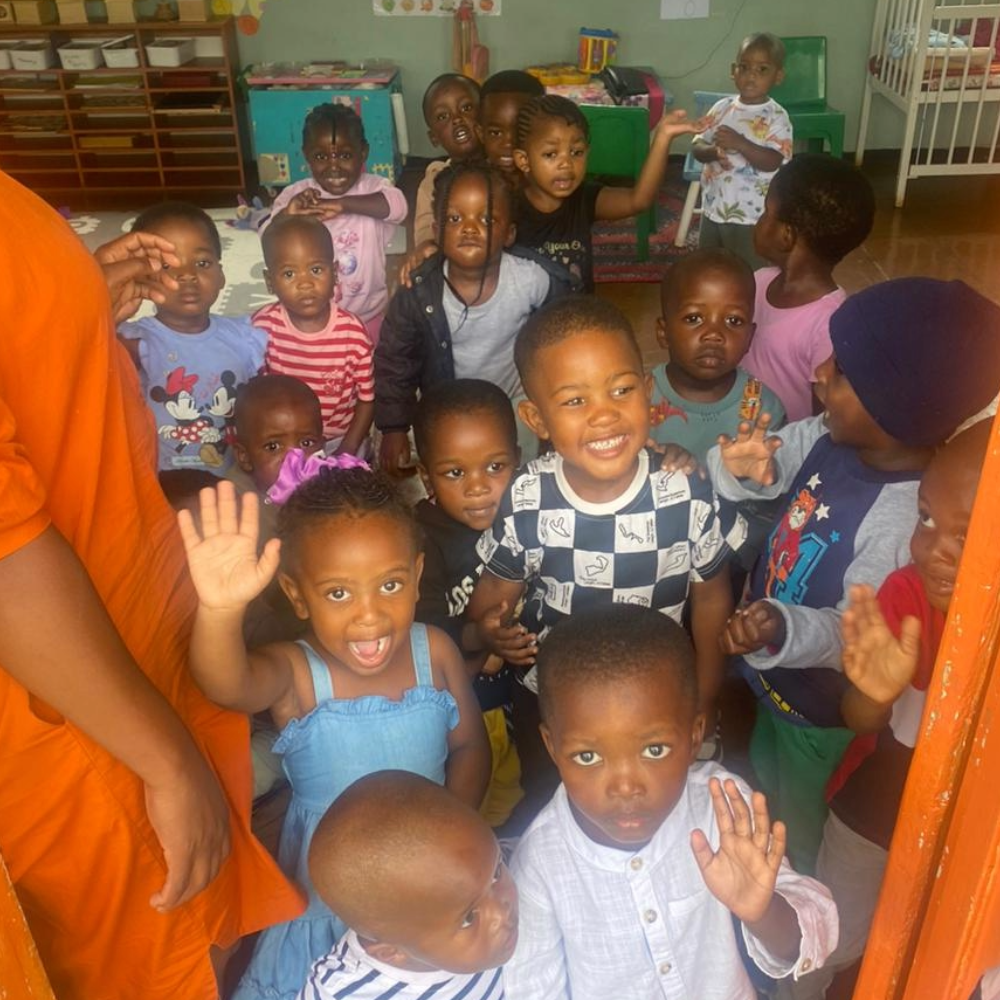
PROJECT OVERVIEW
This innovative approach, known as household-based ECD, laid the foundation for our next step. Recognizing the need for high-quality ECD in the area, we launched our ECD centre in April 2024, starting with13 children and growing to 45 by January 2025.
Our ECD centre provides a safe, nurturing environment for children of TVT staff, Halley Stott Clinic staff, and local community members. It also serves as a training hub forTVT facilitators, staff, and local practitioners, promoting excellence in ECD practice and showcasing best practices for the local community.
OBJECTIVES
2. Continuously strengthen the capacity of community–based ECD centres to deliver high-quality education and care by fostering a network of excellence that benefits children, families and the community at large.
3. Ensure the ECD centre contributes towards the organisation’s long-term sustainability and community relevance by fostering innovative resource generation, strategic partnership and adaptive programming that has positive impact to the community members it serves.
IMPACT
Our ECD centre combined with household ECD’s in the community will nurture the minds of 305 young children, laying the foundation for a life long love of learning and a brighter future.

